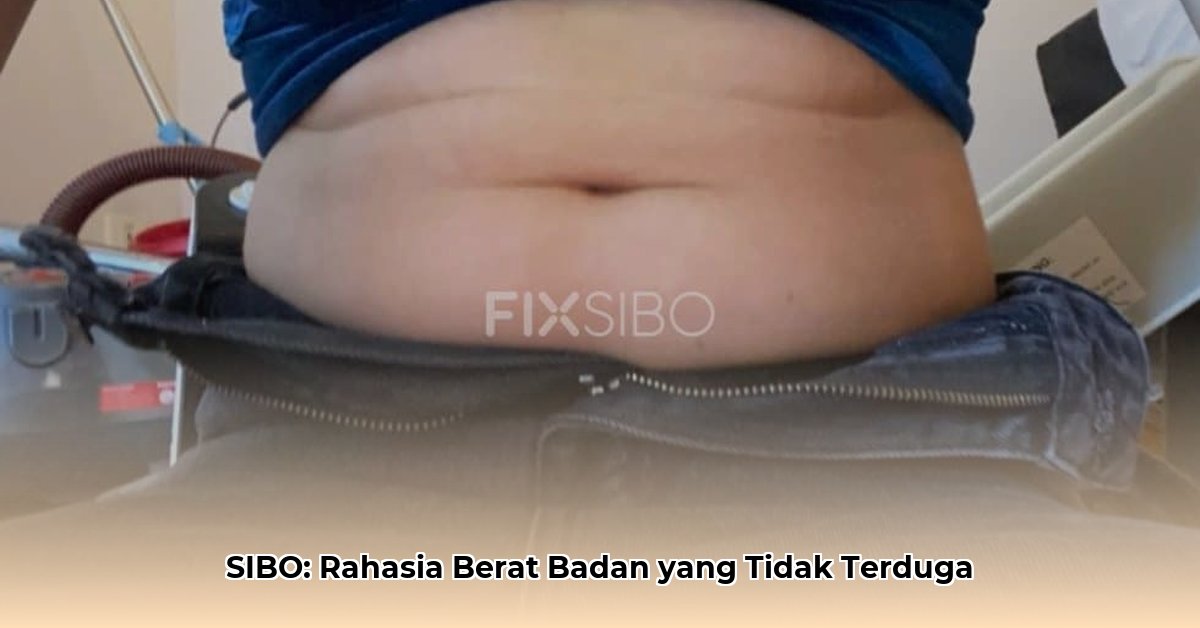
SIBO and Weight: A Double-Edged Sword
SIBO, or small intestinal bacterial overgrowth, is a condition where excessive bacteria reside in the small intestine. This can disrupt gut health and lead to a perplexing paradox: weight gain and weight loss.
Weight Loss: SIBO’s Sneaky Trick
In some individuals, SIBO can impair nutrient absorption, hindering the body’s ability to obtain essential vitamins, fats, and carbohydrates. This can result in nutrient deficiencies and unintentional weight loss.
Weight Gain: SIBO’s Other Side
Conversely, SIBO can also trigger weight gain. It causes inflammation in the gut and throughout the body, which disrupts metabolism and hormonal balance. Additionally, certain bacteria strains associated with SIBO promote weight gain.
Why SIBO Affects Weight Differently
The impact of SIBO on weight varies from person to person. This is because each individual has a unique gut ecosystem with distinct bacterial compositions. These differences influence how SIBO affects weight.
Tackling SIBO and Weight Management
Managing SIBO and its impact on weight requires a comprehensive approach:
- Seek Medical Diagnosis: Consult a healthcare professional to diagnose SIBO and develop a personalized treatment plan.
- Treat SIBO: Antibiotics, probiotics, or dietary changes can help reduce bacterial overgrowth and improve nutrient absorption.
- Dietary Modifications: Opt for fiber-rich foods and avoid processed foods to maintain gut health.
- Exercise Regularly: Exercise boosts metabolism and burns calories, supporting weight management.
- Adequate Sleep: Sleep deprivation can disrupt gut health and weight regulation.
Remember that SIBO is a complex condition that can significantly impact weight. By understanding its effects and taking steps to address them, you can improve your gut health and achieve your weight goals.